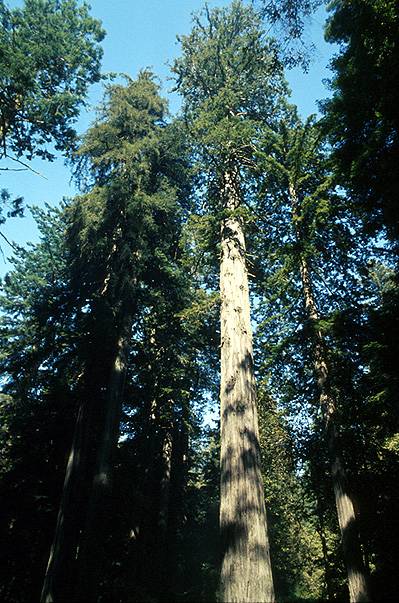If you've never heard of "global warming"* or "climate change"*, you may want to call the Guiness Book of World Records people. As the last person on earth to hear these terms, they may have you confused. I will try to explain...
The two terms have been used interchangably, but they might not be so. Useage between skeptics and believers have twisted the meaning of each. They refer to the phenomenon of energy that comes from the sun, bounced of the surface of the earth to the atmosphere and reflected back to the earth from the pollutants (hence the greenhouse effect and greenhouses gasses terms that are used). This leads to a rise in atmospheric temperature and ocean temperature (which is the source of the term "global warming").
Incidentally, this rising in temperature has other effects which lead to changes in wind patterns, melting of glaciers, etc. This in turn changes the entire climate of the world, but funnily enough, not
equally around the world. Also the changes in climate may have different effects in different places (where some areas may get more hurricanes in general, others may get less hurricanes but they will be more severe). Also, changes in temperature become more severe for certain places. This leads us to the term of "climate change".
People who are conspiracy theorists, science deniers, or the USA government like to use the term "global warming". This phrase of two simple words brings to mind a simple meaning for many people. The only thing we should be worried about is having great temperatures year round, where we don't have to worry about frostbite anymore. Living in the great beyond (think Canadian Siberia), I cannot help but cringe every time someone uses this "global warming" for the process which is occuring on our planet now. People think it will be great having a tropical climate here (think swimming and tanning year round). Other people scoff when it hits -4o degrees celcius; "pffft, yeah right we have global warming... I'll just go run my car to warm up for 1/2 hour".
However, when you read about sea levels rising from glacier melting and thermal expansion, all of those island countries and coastal cities (yeah, think New York, Vancouver, Tokyo) where most of the world's population lives, and we've got real problems. We won't be worrying about war refugees anymore, we'll be concerned about refugees from islands that have disappeared, from areas where severe hurricanes are occuring, where water has run out, etc.
The environmental refugees not only will be fleeing from their homelands, but disease and sickness will also spread. Those countries not ready for the people and climate change will have an increase in diseases never seen before in that area. Malaria will continue to spread (as will West Nile). Cholera and other diseases from unsanitary conditions will increase and there will be stresses on health care systems (as well as current stresses from increases in cancer and obesity).
I'm not trying to act
Cassandra on y'all. (Cassandra the prophetess from Homer's Troy who noone listened to, jeez go read some literature!) But, the more we open our eyes to what could happen, the more prepared we are. Canada has a chance to become a world leader in humanitarian causes, while increasing our own technology resources (and incidentally selling that technology to other countries), so there can be economic gain in the future.
I think what is needed is balance between resource management/sustainability and economic gain. Neither can be feasible at the extreme ends of the scale, but moderation with both would be nice and wholly welcome. But don't ever say to me that global warming is bunk, go to
http://www.ipcc.ch/ if you want some scientific background on the issue. Everyone including those not involved in science or economy, needs to get in on the discussion. This is everyones problem, not just those worried about it.
*I put these terms in brackets only to denote that they are phrases in common use that must be separated from each other, not to give them quackery status as pseudoscience.










